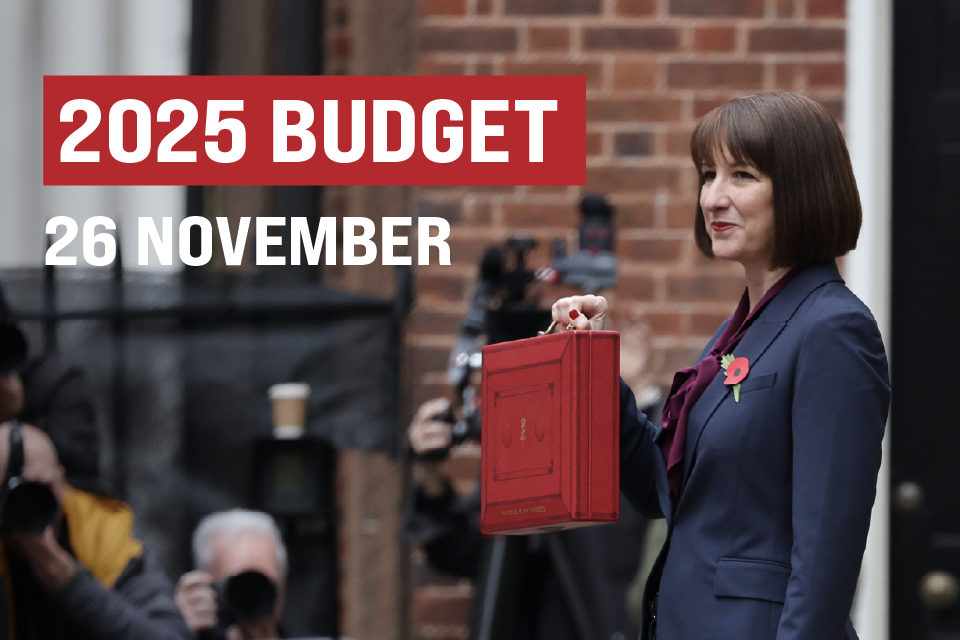While it's not a step everyone can take, making additional payments on your mortgage is one of the most effective ways to take control of your finances and get closer to owning your home outright. It's a topic that often comes up in our conversations, so I wanted to share some key insights on the benefits of overpaying, as well as some important factors to consider before you do.
The Benefits of Overpaying Your Mortgage
There are three main ways that overpaying can help you in the long run:
- You could save on interest. By paying down the capital amount of your loan, you reduce the balance that interest is calculated on. If you expect your current fixed-rate period to end soon, overpaying now while your rate is lower could save you a significant amount on overall interest in the future.
- You could improve your loan-to-value ratio. This figure is a percentage that shows how much of your property's value is financed by your mortgage. The lower your loan-to-value (LTV), the more equity you have in your home, which can often give you access to more competitive rates when it comes time to remortgage.
- You could shorten your mortgage term. With average mortgage terms extending to 30 or even 35 years, overpaying can help you pay off your home sooner. This can free up cash flow for other life goals, like saving for retirement or simply enjoying more mortgage-free years.
Important Considerations
While overpaying is a great option for many, it's crucial to consider a few things first to ensure it's the right choice for you.
- Early Repayment Charges (ERCs): Most mortgage products have a limit on how much you can overpay each year—typically around 10% of your outstanding balance—without incurring a penalty. It's always best to check your specific terms to avoid any unexpected charges.
- Your Financial Position: Before overpaying, it's worth asking yourself if you have a comfortable emergency fund (ideally 3-6 months' worth of expenditure) and if you have any other high-interest debts, such as credit cards or personal loans. In these cases, it might be more beneficial to pay off those debts first.
- Alternative Investments: Don't forget about other long-term savings options! Contributions to a pension or an ISA can offer significant tax advantages and may be a better option for your overall financial plan, especially if you’re saving for retirement.
Overpaying your mortgage is a big decision, and what's right for one person might not be for another. If you're considering it and would like to discuss your specific circumstances, please feel free to get in touch. We're here to help you make the best choice for your financial future.
Recent Posts




